
Prime Minister Abiy Ahmed (PhD) turns to Tagesse Chafo, speaker of Parliament, during a break at a session where he addressed MPs for the last time for the sixth year in session. The next time parliament convenes, it will be based on the outcome of the sixth national elections, held in mid-June. On Saturday, June 11, the results were announced where the incumbent Prosperity Parity (PP) enjoyed a resounding electoral victory. The opposition suffered a near-complete rejection by voters after the incumbent bagged 410 of the 436 seats where elections results were counted, according to electoral officials. Prosperity Party has won by a 94pc landslide.
The disparity with the opposition is evident. The National Movement of Amhara (NaMA) won five parliamentary seats, followed by Ethiopian Citizens for Social Justice's (EZEMA) four.
There was little doubt about the outcome. Provisional results were posted outside polling stations, and the National Election Board of Ethiopia (NEBE) certified some of these over the subsequent days. Prime Minister Abiy somewhat reflected this when he responded to members of parliament last Monday, where he pledged to bring onboard contenders, who were not voted into executive positions.
But there were many more issues on the agenda outside the elections that day, including the unilateral "humanitarian ceasefire" in the war-torn Tigray Regional State. The Prime Minister reiterated that the pulling out of the Ethiopian National Defense Forces was for a “moment of reflection” during the ceasefire but placed blame on the Tigray People’s Liberation Front (TPLF) as a cause for the war.
It was a testament to how turbulent the year had been. MPs raised issues including government response to contain the COVID-19 pandemic, locust invasions, and political violence in several places around the country. None of these has helped the government curb inflation, which hit 24.5pc for the last month, according to the Central Statistics Agency, or the country's foreign currency reserve position, which continues to be a drag on investments and businesses.
There were some exceptions, nonetheless. The mining industry brought in a conspicuous 681 million dollars, pulled up by significant boosts in the export of gold, which received a measly 28 million dollars two years ago. Mining helped goods export rise to 3.5 billion dollars for the first time in the country’s history. No less significant was the award of the first private telecom license to the Safaricom-led consortium, Global Partnership for Ethiopia, for 850 million dollars, with a deal to invest 10 times that over the coming decade.
PUBLISHED ON
Jul 11,2021 [ VOL
22 , NO
1106]

Radar | Jun 12,2021
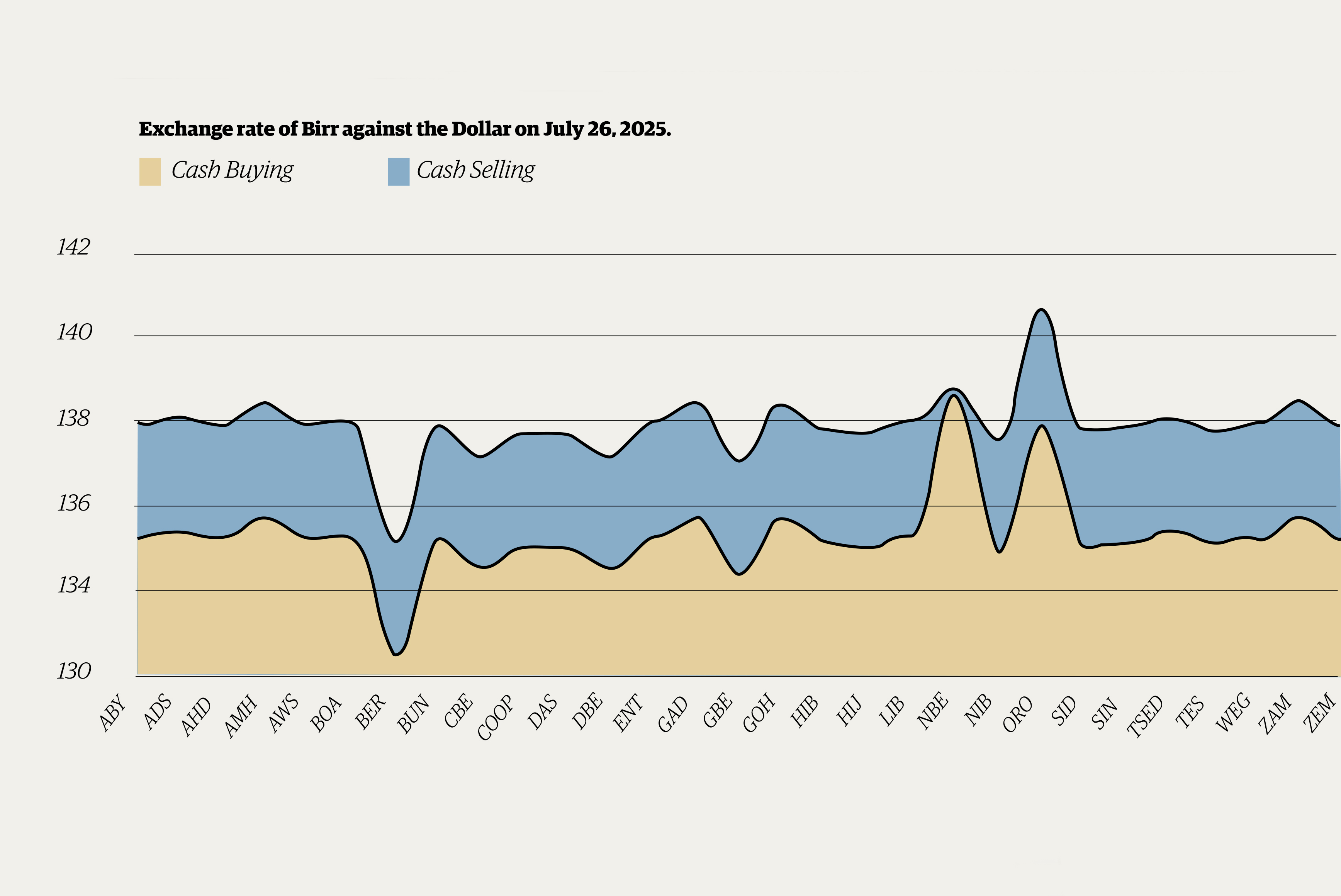
Money Market Watch | Jul 27,2025
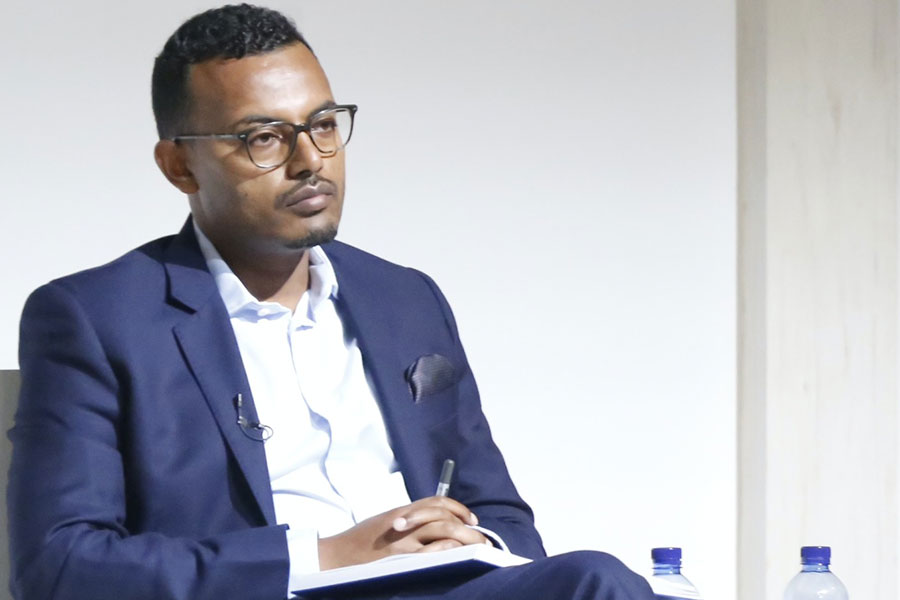

Sunday with Eden | Dec 19,2021
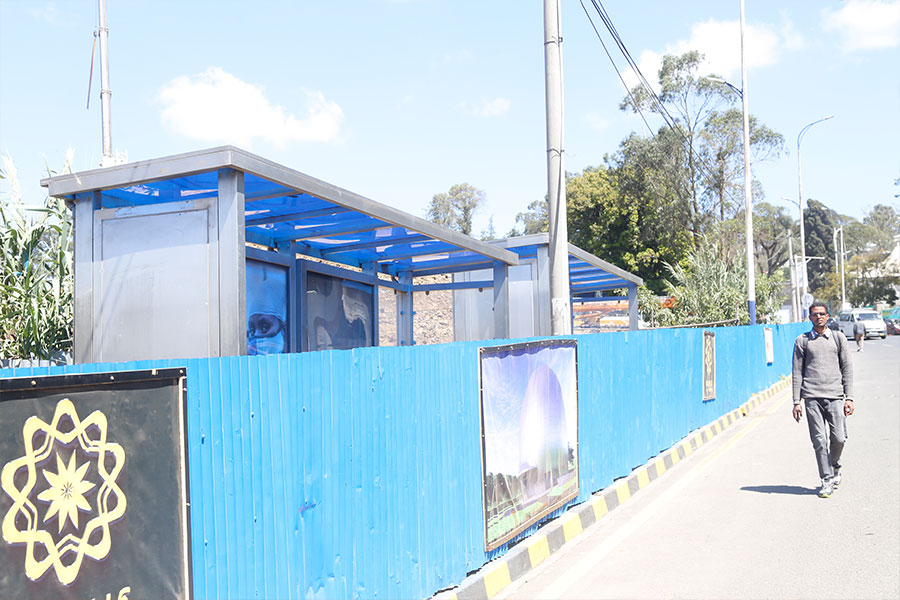
Radar | Oct 30,2021

Radar | Sep 10,2023

View From Arada | Feb 01,2020
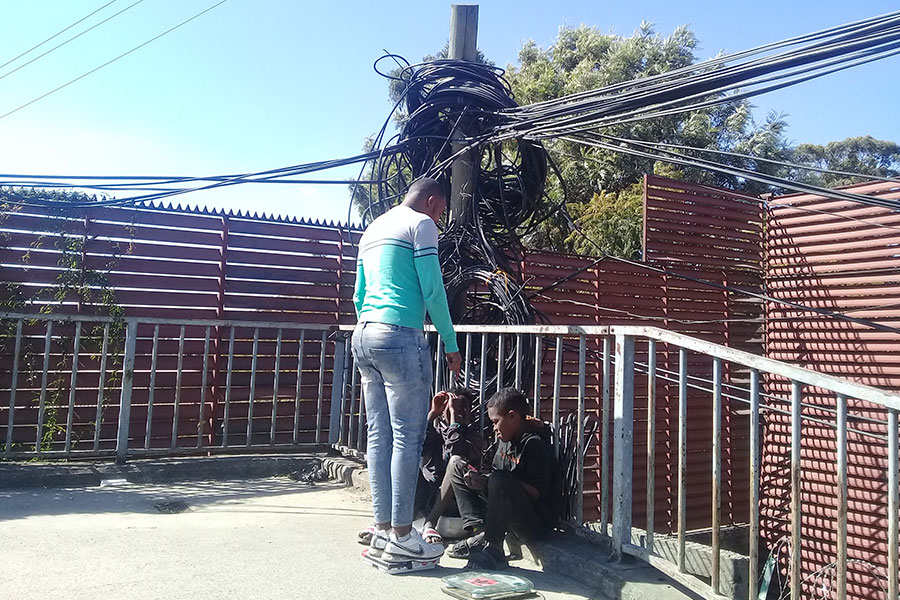
Radar | Dec 19,2021
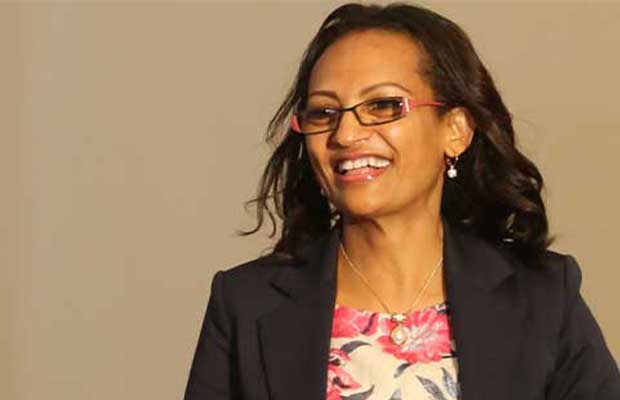
Exclusive Interviews | Jan 05,2020
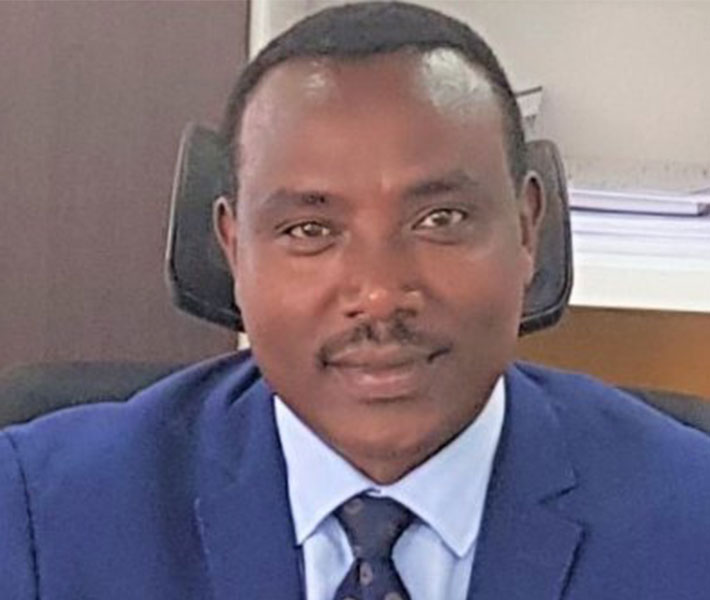
Radar | Nov 28,2021

Dec 22 , 2024 . By TIZITA SHEWAFERAW
Charged with transforming colossal state-owned enterprises into modern and competitiv...

Aug 18 , 2024 . By AKSAH ITALO
Although predictable Yonas Zerihun's job in the ride-hailing service is not immune to...

Jul 28 , 2024 . By TIZITA SHEWAFERAW
Unhabitual, perhaps too many, Samuel Gebreyohannes, 38, used to occasionally enjoy a couple of beers at breakfast. However, he recently swit...

Jul 13 , 2024 . By AKSAH ITALO
Investors who rely on tractors, trucks, and field vehicles for commuting, transporting commodities, and f...

Oct 11 , 2025
Ladislas Farago, a roving Associated Press (AP) correspondent, arrived in Ethiopia in...

Oct 4 , 2025
Eyob Tekalegn (PhD) had been in the Governor's chair for only weeks when, on Septembe...

Sep 27 , 2025
Four years into an experiment with “shock therapy” in education, the national moo...

Sep 20 , 2025
Getachew Reda's return to the national stage was always going to stir attention. Once...